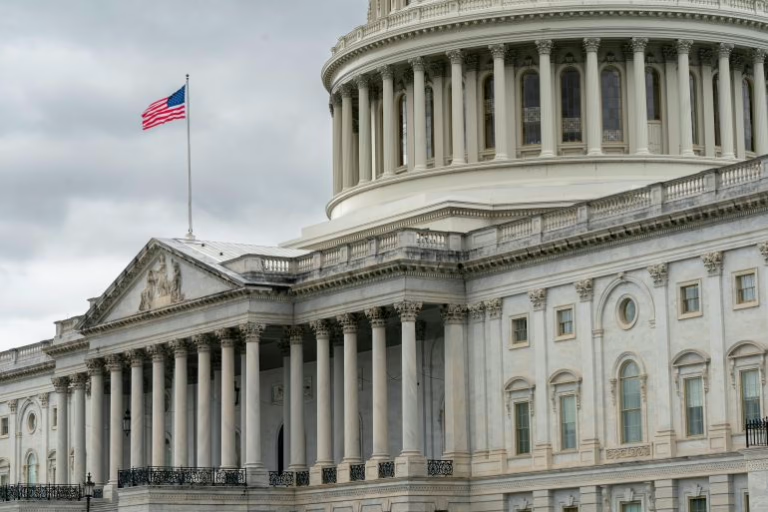For the first time in nearly seven years, the United States government has ceased operations after Congress failed to finalize a crucial funding agreement. As a result, hundreds of thousands of layoffs-threat-government-shutdown/” title=”White House Warns of Massive … Looming if Government Shuts Down: NPR”>federal employees classified as non-essential-those not directly involved in safeguarding lives or property, including many law enforcement officers-face furloughs or layoffs following the shutdown’s commencement at midnight. Essential functions such as Social Security disbursements and postal services will continue but may experience staffing shortages, while institutions like national parks and museums are likely to close entirely.
This shutdown stems from an impasse between Democrats and Republicans over healthcare funding. A Democrat-backed bill aimed at maintaining government funding was rejected in the Senate by a margin of 53 to 47 votes. Subsequently, a Republican proposal garnered 55 votes, falling five short of the necessary threshold to prevent the shutdown. Unlike typical legislation, government funding bills require more than a simple majority to pass.
After the late-night votes in Washington, the White House Office of Management and Budget confirmed the shutdown and instructed affected agencies to implement their contingency plans. The administration placed blame on the Democrats, labeling their stance as “untenable,” particularly due to their insistence on reversing recent cuts to Medicaid enacted earlier this summer.
Senate Majority Leader John Thune, a Republican, accused Democrats of holding federal employees “hostage,” while Senate Minority Leader Chuck Schumer criticized the Republican funding plan, stating it “does absolutely nothing to address the most pressing healthcare crisis in America.”
President Donald Trump has threatened widespread terminations and reductions in federal benefits, which he claims are priorities for Democrats. He attributed the deadlock to the opposition party and warned that if the shutdown proceeds, he would implement mass layoffs and eliminate government programs favored by Democrats. “Shutting down is the last thing we want, but sometimes it leads to positive outcomes,” Trump remarked on Tuesday. “We can eliminate many things we never wanted-mostly Democrat initiatives.”
Despite a meeting between Trump and Schumer on Monday, no resolution was reached, with Schumer acknowledging that “significant differences” persist. The president also indicated that during the shutdown, irreversible actions detrimental to Democrats could be taken. The White House has hinted that the shutdown might result in permanent dismissals of federal workers deemed “non-essential.” “We will be laying off a significant number of people,” Trump stated.
The government shutdown marks a significant political standoff, with both parties entrenched in their positions over healthcare funding and budget priorities, leaving many federal employees and public services in uncertainty.


















0 Comments